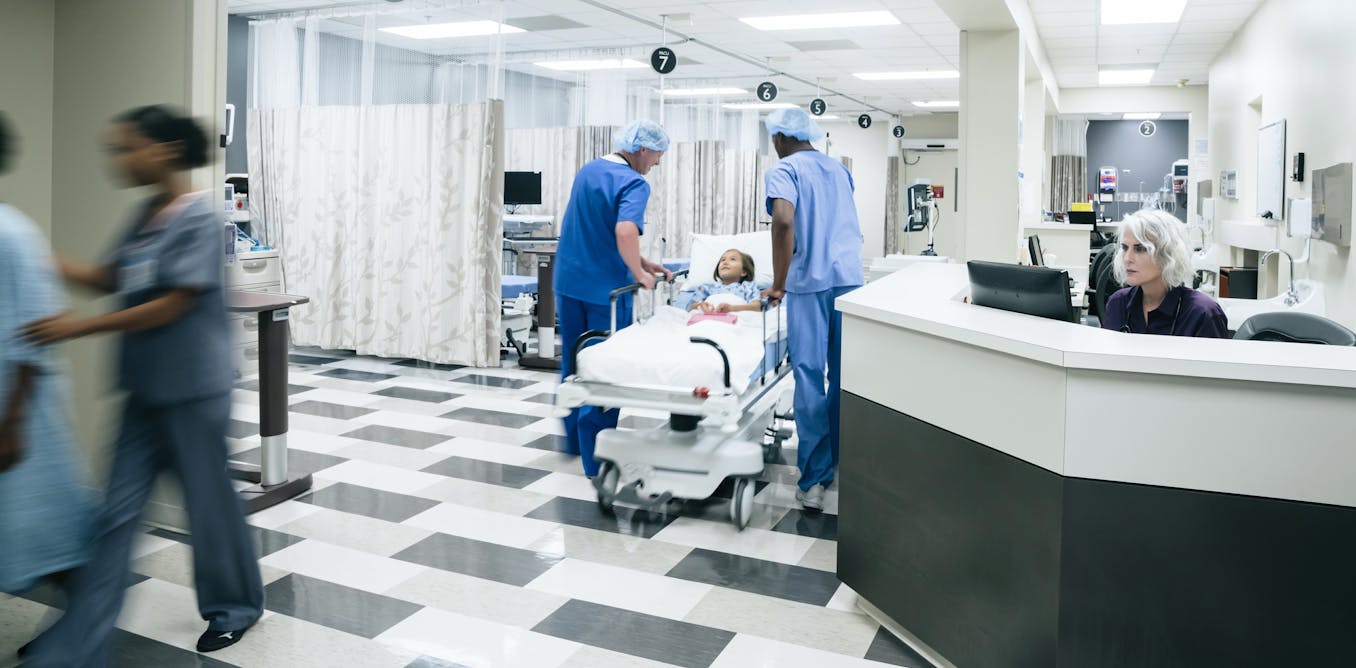We explore the symptoms you need to take seriously.
Around 4million males and 3.6million females in the UK are living with some form of heart or circulatory disease.
But how can you spot the signs of a potential heart problem?
Here are 10 signs that could mean it’s time to see a doctor:
1. Chest pain
It’s the classic sign of a heart attack, but how do you know if chest pain is a medical emergency?
If your chest pain does not stop after resting for a few minutes and you feel extremely unwell, dial 999 and get an ambulance as soon as possible.
If it’s a heart attack, this pain may feel like heaviness, tightness or pressure in the chest.
People often describe it as ‘an elephant’ or ‘a tight band’.
If you feel pain or tightness in your chest that goes away after a few minutes of resting, you may have angina.
Angina is feeling of pain or discomfort caused by reduced blood flow to the heart.
You should go and see a doctor, but you do not have to call 999.
2. Stomach pain
A painful or burning feeling in your chest or stomach can be a sign of a heart attack or related heart problem.
However, it can be hard to tell the difference between heart pain and indigestion.
That’s because the heart, the stomach and the gullet (the passage between your mouth and stomach) all lie right next to each other.
If you’re not sure which one is causing your stomach pain, call NHS 111 for advice.
3. Arm, jaw or back pain
If you’re having a heart attack, pain may also spread to other parts of your body. This includes your arm, jaw, neck or back.
It’s more likely to be a heart attack if the pain is going down your arm, especially your left arm or into your neck.
If it does not go away, or if you have used your GTN spray two times to no effect, call 999 for an ambulance.
4. Feeling sweaty
Working up a sweat because it’s a hot day or you’ve been to the gym is nothing to worry about.
However, you should call 999 for an ambulance if you start to feel hot and clammy along with chest pains, as it could be a heart attack.
5. Choking feeling
Angina can sometimes cause a feeling of tightness or pain up in the throat. This is often described as a ‘restricting’ or ‘choking’ sensation.
In fact, the word ‘angina’ comes from the Latin word for choking.
If this feeling continues, and you have not previously been diagnosed with heart problem, you should call NHS 111.
And if you are also experiencing other signs of a heart attack, such as chest pain or feeling sick, you must call an ambulance.
6. Feeling sick
Most of the time, feeling queasy will not be related to your heart.
However, if you suddenly start feeling sick and notice pain in your chest as well, it could be another sign that you’re having a heart attack.
If you feel sick and experience some discomfort in your chest, but not intense pain, call NHS 111 for advice.
If you feel intense chest pain even when you’re resting and you also feel sick, call 999 for an ambulance.
7. Swollen ankles
Swollen ankles are common and have lots of causes. For example, they may be caused by tablets you are taking, such as blood pressure medication.
However, that does not mean you should ignore them, especially if your ankles get very big, as this can be a marker of heart failure.
This means that your heart may not be pumping blood around your body as well as it should be, and fluid collects in your lower limbs.
So, if you’re getting swollen ankles, it’s worth making an appointment with your GP.
8. Leg pain
A gripping, cramping sensation in your calves when you are walking is a marker of peripheral arterial disease (PAD). The pain is caused by your legs not receiving enough blood.
It’s most common in people who smoke and those who have diabetes. If you notice this symptom, make an appointment with your GP.
9. Extreme fatigue
Feeling tired all the time can be a symptom of lots of conditions – including heart failure.
However, as there are so many causes of tiredness, it can be difficult to know for sure.
If you’re tired and you’ve been working long hours or staying up late, it’s probably not your heart.
But if you start experiencing extreme tiredness and your lifestyle has not changed, it’s a good idea to chat to your GP.
10. Palpitation
uddenly becoming aware of your own heartbeat and feeling like it is racing and missing beats is known as palpitations.
These are usually harmless, and can be caused by things like stress, caffeine or hormonal changes.
However, if your heart is going very fast and jumping around erratically, then that’s when you should see your GP.
If you notice this and you also experience blackouts, call 999 for an ambulance.
Palpitations can also be a sign of an abnormal heart rhythm (arrythmia), which may be caused by an underlying condition.
One of the most common arrythmias is atrial fibrillation (AF), which can increase your risk of a stroke.
Source: BHF




